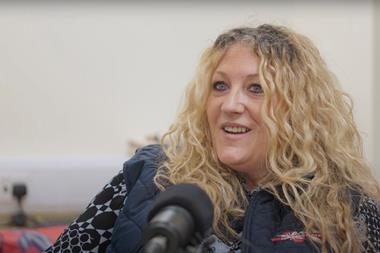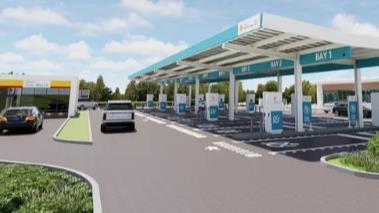
The Low Pay Commission (LPC) is indicating that the National Living Wage may need to be raised from £11.44 an hour to £12.10, representing a 5.8% rise, when the new rate is introduced in April 2025.
The independent public body that advises government on fair rates of pay balanced with economic considerations, has been given a remit by ministers to “boost low earnings”.
When Labour came into power this year, Deputy Prime Minister Angela Rayner and Business Secretary Jonathan Reynolds instructed the LPC to recommend a rate that reflects the cost of living and ensures that the National Living Wage does not fall below two-thirds of median hourly earnings.
In response, the LPC has said that wages would need to rise by around 5.8% to align with earnings growth. It said that two-thirds of median earnings would now serve as a “floor” for its recommendations. And it warned that the figure might be higher because of stronger than forecast earnings growth this year.
The LPC admits that it has been difficult to come up with a figure for the National Living Wage, paid to people aged over 21 years, and it has projected that the rate would be between £11.82 and £12.39.
At the same time the Labour government wants to introduce a “genuine wage” for all adults by removing age bands in the minimum wage rates paid to people under the age of 21 and tiered depending on age. Apprentices are also paid a different rate.
The plan is to lower the National Living Wage threshold to 18 years of age. Rather than making this change straightaway, ministers have suggested taking steps year by year to narrow the gap between the 18 to 20 year-old rate and the National Living Wage.
The Low Pay Commission will continue gathering evidence until it is due to submit its recommendations to the government by the end of October 2024.






















